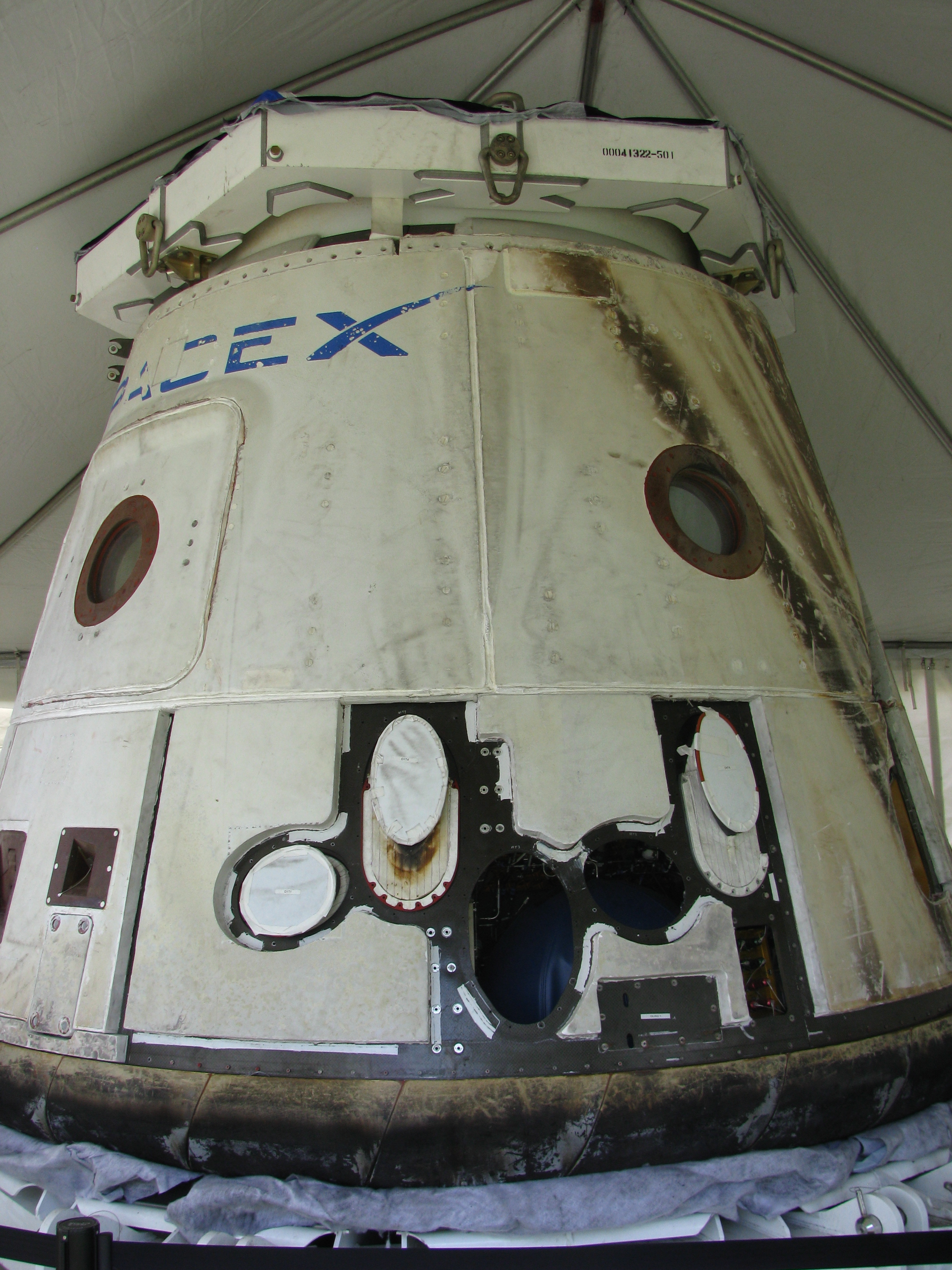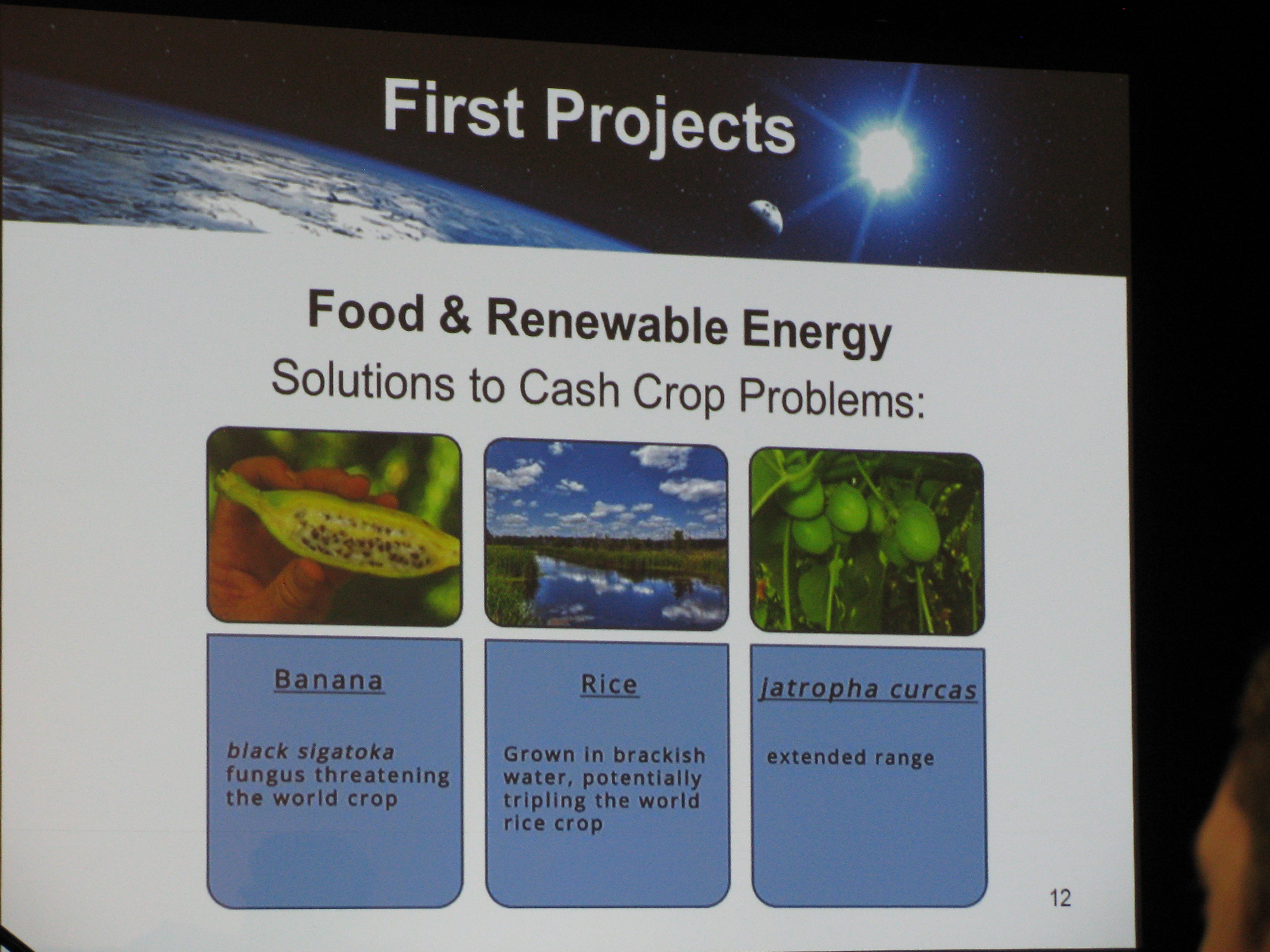The end of the space shuttle program was a great occasion. Now, private companies have stepped up to save the United States and possibly the world. That's what the aerospace industry said at Space Tech Expo in Long Beach, California.
Just two years ago, the space shuttle Endeavour had just ended its last mission, and Atlantis had yet to launch. Now, all the orbiters are artifacts, sitting pretty in museums and inspiring the next generations to think about what might be possible in the future.
At Space Tech Expo, aerospace industry leaders said there's no need to wait for the next generation. Private companies can solve the world's problems now. These guys -- mostly men presented at this expo -- are incredibly jazzed about what's going on in low-Earth orbit now that the space shuttle is out of their way.

Reisman exudes enthusiasm, but his excitement pales in comparison to that of Jeffrey Manber of NanoRacks and Richard Godwin of Zero Gravity Solutions.
"It's a sea change at NASA," Manber said, echoing the group's attitude. "We're really working as a partnership, and not just with NASA. With JAXA [Japan's space agency]. With the Russian Space Agency." NanoRacks has been in business less than four years, and business is great. They serve as the middleman between folks who want to put something in orbit and NASA. NanoRacks has 50 CubeSats -- satellites as small as 10 cubic centimeters -- under contract, and 100 more in the works. And that's just part of their business. Even high schools are paying NanoRacks to get their experiments to and from on the International Space Station.
No wonder NanoRacks is doing well. NASA pays for the actual transportation up to and back from the space station. But the ambition of NanoRacks pales in comparison with Zero Gravity Solutions.

Godwin claims this ability to selectively activate dormant parts of the genome has already succeeded with jutropha curcas seeds, and the change sticks in successive generations after return to Earth. Godwin thinks that they can greatly increase the yield of this cash crop, which produces jet fuel. Godwin also expects that this zero-gravity innovation with plant stem cells can triple the world's rice crop and instill fungus resistance in bananas, which represent the world's fourth largest cash crop.
If that's not ambitious enough, Zero Gravity Solutions has plans for human bone stem cells, tendon and connective tissue, and universal donor fat stem cells. He'd even like to grow a pancreas and thinks that's within reach. In an experiment on pig liver cells on the International Space Station, the sample included -- unintentionally -- a bit of pig pancreas tissue, and they ended up with some stem cells that differentiated into pancreas cells. Even an experiment gone wrong is an opportunity. In Godwin's wide eyes, every product, even when produced accidentally, has a potential market.
Godwin admits that the process his company uses is accelerated evolution, but he prefers the term "Directed Gene Expression," a term that Zero Gravity Solutions has trademarked. The best part of the story, from Godwin's point of view, is that this directed selection takes just 30-60 days to accomplish on the space station.
Not only do these guys believe they can save the world, but they are convinced they can do it relatively quickly. Some things sound too good to be true. Sometimes, what seems like an accomplishment ahead leads inevitably to unforeseen and dire consequences. Yet, these aerospace industry leaders make us want to believe in possibilities.